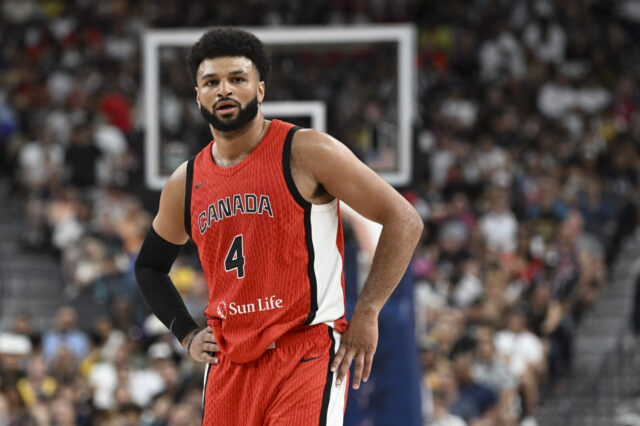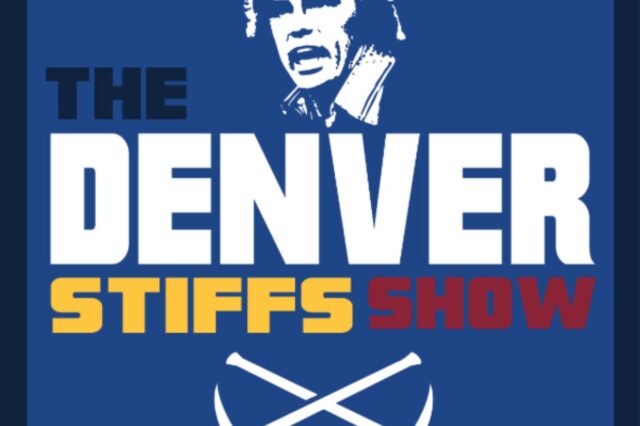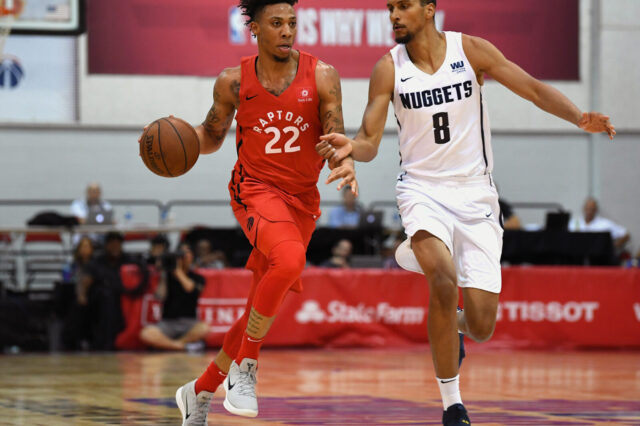Earlier this week it was reported that Pistons forward Greg Monroe told the team, lead by Stan Van Gundy, that he intends to sign the qualifying offer.
What is a qualifying offer, you ask? It's used, in a manner of speaking, as a trigger for restricted free agency. Teams are required to submit a qualifying offer sheet (one year tender at 125% of the previous years base salary) by June 30th to trigger "restricted" free agency. You can either decline the offer and go into restricted free agency (allowing the team you are currently on to match whatever is offered by another team) or the player could sign the qualifying offer and become an unrestricted free agent after one year.
A player rarely signs the qualifying offer because it is preferable to wrap up long term security even if the contract is a bit less than you would have wanted. Agents routinely sell their clients on security, and if I was advising a client I would definitely push for the same. Teams count on that aspect of long term, financial, security to keep rookie contract players on their second deal.
Quite frankly, if a player is unhappy with his current situation … it always baffled me that the choice isn't made MORE often to sign the qualifying offer. You get unrestricted free agency at the end of the year AND veto power of any trade. The risk almost entirely ends up being on the side of potential injury. That's pretty much it. Yes, you are risking getting a smaller contract at the other end … but if you really want to extract yourself from your current team, there's no greater "hammer" so to speak.
Injury is the elephant in the room that you simply can't escape. It hangs over NBA players even in non-contract years and it certainly ramps up in a one year gambit. Would you be brave enough to pass up a guaranteed deal in exchange for your ultimate freedom to decide your fate? Many players have been at those same crossroads and decided that it wasn't worth the risk.
In the grand scheme of things, I can’t picture Monroe’s situation becoming a trend. There’s simply too much money floating around there to risk injuring yourself in a “contract” year. Yet … this will be a test case. Currently Suns guard Eric Bledsoe is mulling over the same thing Monroe has, with a worsening situation between team and player. Signing a qualifying offer acts as someone saying “I’m going to divorce you, here is the date” (to use a crude analogy).
Under-reported in the Bledsoe matter is the 4 year $48 million offer that was presented to him was a declining salary contract. Which basically means your base salary goes down with each subsequent contract year. If this is true, then it probably is the most complicating factor in this whole Bledsoe ordeal. I've talked to enough players to know that there are certain deals that scream we intend on trading you later in your contract. A declining year contract essentially says (to a player) "we love you, but we only love you for a year or two". Would Bledsoe risk signing a one year QO because of this? Who knows.
Monroe, it seems, was headed in this particular direction all along. There has been a feeling that he saw a way out, and is in the process of taking it. Bledsoe seems to be a matter of feeling respected (for what that is worth, in general terms). In both cases, it will be interesting to watch and see if both players make the same decision. Signing the qualifying offer provides tremendous control over your own destiny, but it also comes with tremendous risk. I can guarantee the NBA is watching what plays out in both these situations with great interest. If they both work to the players benefit, you may see more mulling that same decision.


